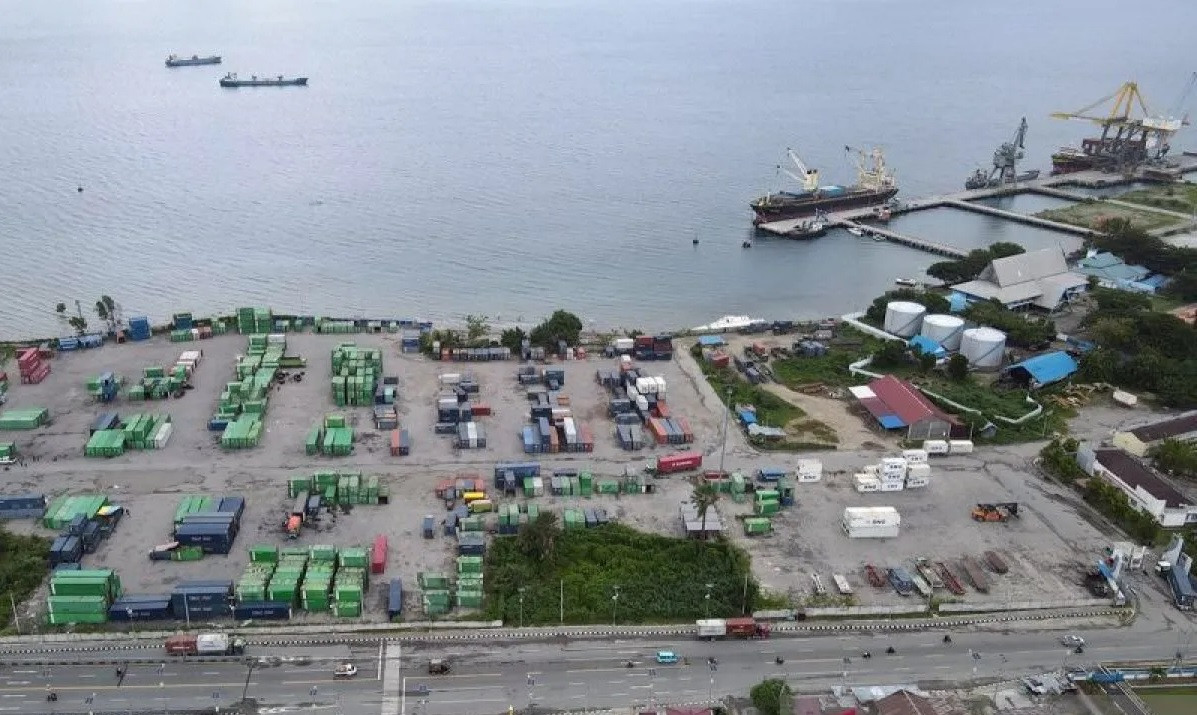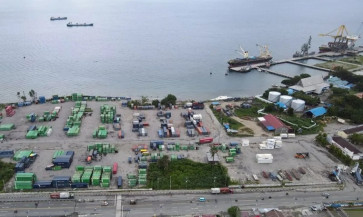Popular Reads
Top Results
Can't find what you're looking for?
View all search resultsPopular Reads
Top Results
Can't find what you're looking for?
View all search resultsBreaking Indonesia's reliance on foreign laws for business
Both foreign and Indonesian investors often choose to incorporate a parent company in Singapore and then create Indonesian subsidiaries through the Singapore holding.
Change text size
Gift Premium Articles
to Anyone
P
resident Joko “Jokowi” Widodo said that he is optimistic that Indonesia will emerge as the world’s fourth largest economy by 2045. This statement is not without basis, as Goldman Sachs similarly predicts that Indonesia will be the world’s fourth biggest economy by 2050.
Unfortunately, there is a deeper problem that Indonesia has yet to address: dependency on foreign laws. In the 2019 Study on Governing Law and Jurisdictional Choices in Cross Border Transactions commissioned by the Singapore Academy of Law (SAL) and prepared by global research firm IPSOS, English law is the most frequently used governing law for cross-border transactions in Asia, while Singapore law is the second-most adopted governing law. This study included participants from Indonesia.
The 2019 study commissioned by SAL was supported by testimonies from Indonesian top tier corporate law firms. A 2023 publication from Project Finance, in which lawyers from the ABNR law firm took part as contributors, concluded that it is common in Indonesia to have financial documents governed by foreign laws, usually English law or New York law. In another publication from Project Finance in 2019 in which lawyers from Soemadipradja & Taher law firm contributed, the writers also stated that financing agreements tend to be governed by the laws of England and Wales, New York or Singapore.
For Southeast Asia cross-border debt financing, the common structure is for Indonesian borrowers to use foreign law, such as English or Singapore law, to obtain cross-border syndicated funding. The contracting parties also commonly agree that any dispute arising from such financing shall be resolved either in an English court, Singapore court, other foreign courts or any international arbitration institution outside Indonesia.
For Southeast Asia cross-border equity financing, both foreign and Indonesian investors often choose to incorporate a parent company in Singapore and then create Indonesian subsidiaries through the Singapore holding. The logic behind this is that the arrangement among investors at the parent company level can be done through more flexible and advanced corporate laws in Singapore.
From a commonsense perspective, this situation is not favorable to Indonesia and therefore should concern the Indonesian government, as it shows that foreign and Indonesian business players do not trust Indonesian laws.
Perhaps we can learn from the Singaporean stance on dependency on foreign laws. The Singaporean minister of law once stated, “we must have certainty in our laws and move away from reliance on English law, because we do not know what are the conditions and circumstances which presently shape the enactment of laws in the United Kingdom.”



















